We often hear about Plato’s philosophical achievements: for many, the allegory of the cave and The Republic come to mind. But who was Plato the man? Where was he from? And what life experiences informed his worldview?
Below is a short biography of Plato, the ancient Greek philosopher who played an integral role in shaping the Western mind.
Plato’s Youth: War and Revolution

Plato was born to Athenian nobles in 428/7 BC, a period of revolution and war in ancient Greece.
His birth coincided almost exactly with the end of the Athenian Golden Age, marked by Pericles’s death in 429. And much of his childhood and adolescence passed in the shadow of a 27-year feud between Athens and Sparta.
Plato witnessed the death of Athenian democracy play out over the course of his youth. Sparta had finally defeated Athens in the Peloponnesian War when he was twenty-three. And, as a result, the city-state he called home lost its empire. Its leaders were deposed, and Spartan tyrants were installed on the throne.
The chaos and uncertainty of the times led Plato to attach himself to one Athenian who seemed unaffected by it all — a certain Socrates.
Socrates’s influence on Plato during his early adulthood
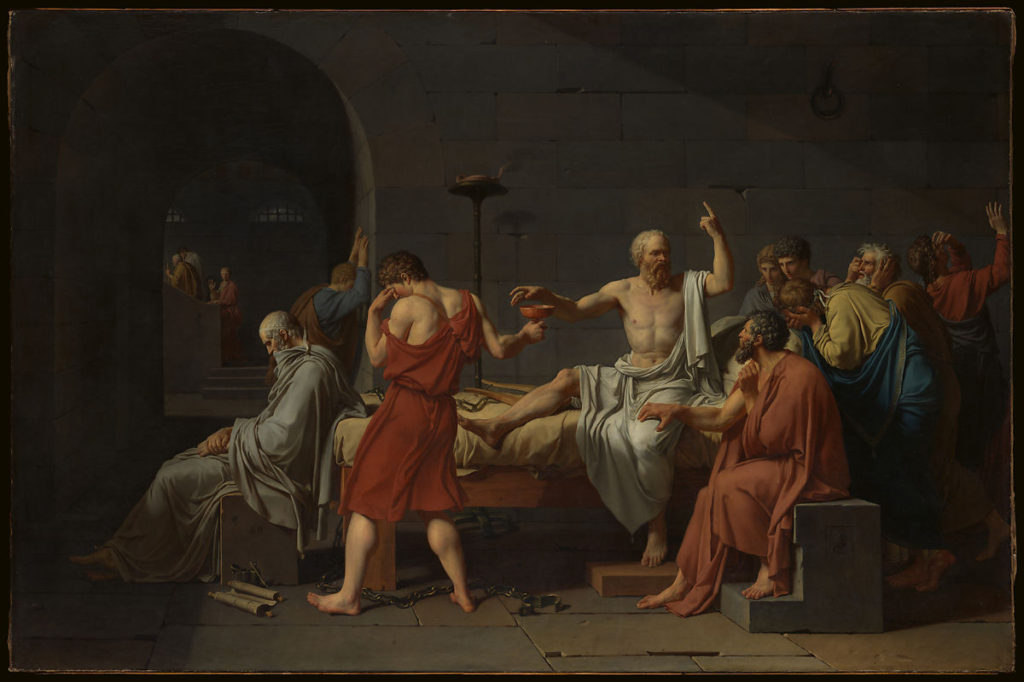
Plato met Socrates around the year 407 BC. At that time, he was a 20-year-old with a keen interest in politics.
But it wouldn’t be long before Plato’s political ambitions transformed into a lifelong quest for knowledge.
As Athenian society was falling apart at the seams, Socrates spent his days musing about the internal state of the individual. He would contemplate all sorts of lofty topics. These included everything from the definition of justice to the meaning of life itself. And he promoted going inward within oneself to discover absolute truth.
So it should come as no surprise that Plato’s prime philosophical concern became that of the state of the individual in relation to society. It was his belief that the internal health of each person has bearing on the health of the greater society. And, like Socrates, he promoted going inward to find truth.
Plato’s admiration for his teacher was no secret. In one of his many letters, he laments the government’s poor treatment of Socrates, who he goes on to call “the most just of men living.”
Plato and Socrates remained close until the latter’s death by poisoning in 399 BC. Without a doubt, Socrates had the greatest influence on Plato’s intellectual formation. If it weren’t for him, Plato’s philosophy would likely never have developed to the degree that it did. On the flip side, if it weren’t for Plato, we wouldn’t know nearly as much about Socrates as we do. Since Socrates never wrote anything down, much of his philosophy would have been lost to time had Plato not kept it alive.
Exile from Athens

After the death of Socrates, many of his disciples, including Plato, fled to the ancient Greek city of Megara. It was here that Plato’s long exile from Athens would begin.
He’d go on to travel widely throughout the Mediterranean over the ensuing decade. Plato’s wanderings would take him to Magna Graecia, modern-day southern Italy, Sicily, and Egypt.
He would consult with mathematicians and fellow philosophers. And he would write prolifically.
It’s likely that Plato wrote on papyrus scrolls, which was standard practice throughout the eastern Mediterranean at that time. During his travels, he produced some of his best known texts. These include the Apology of Socrates, Gorgias, and a bevy of other dialogues and letters.
Plato even managed to take Socrates along with him on his travels in some sense. Perhaps as an homage to his late teacher, almost all of his works are written in the person of Socrates.
The Academy in Athens
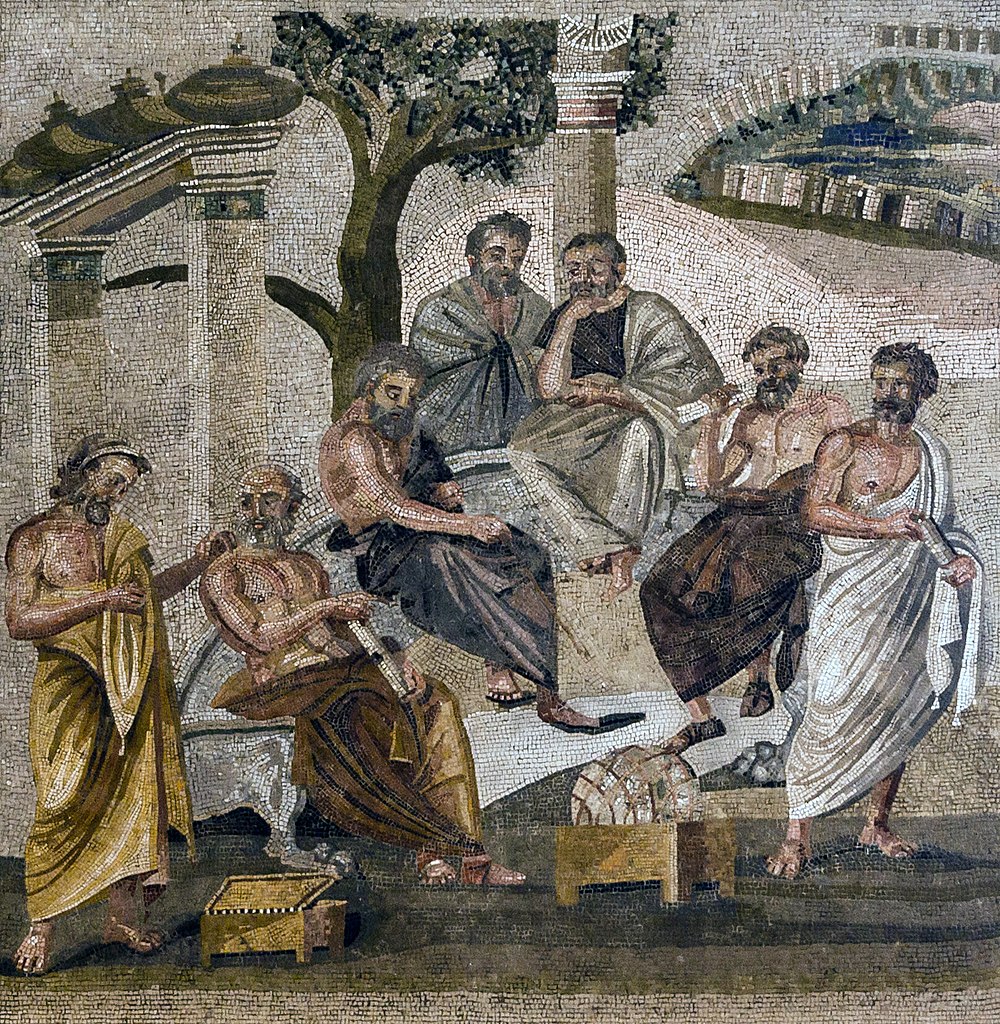
Plato returned to Athens from his long exile in 387 BC. At this point, he was a seasoned philosopher of 40-years-old. He’d traveled throughout the Greek world studying with the greatest minds of the Classical Period, and now he was ready to begin work on his crowning achievement: the founding of The Academy in Athens.
Plato’s Academy was constructed just outside ancient Athens on a sacred site of the goddess Athena.
The Academy’s mission was simple: it aimed to teach pupils how to think like Socrates. This meant teaching them the Socratic method of questioning, an unstructured dialectic of questions and answers aimed at inspiring the questioned to clarify his ideas. Socratic questioning, also called Socratic discussion, is still used in academia, as well as certain types of counseling and therapies, today.
The Death of Plato
Unlike his teacher, Socrates, Plato’s death was uncontroversial. He died at the ripe age of 80, in 347 BC, in his home city of Athens. His death was due to natural causes and probably occurred in his sleep.
Plato never married or fathered children. His life was wholly dedicated to contemplating life’s most complex questions. And by the time of his death, he’d completed 36 dialogues.
Plato’s Philosophy
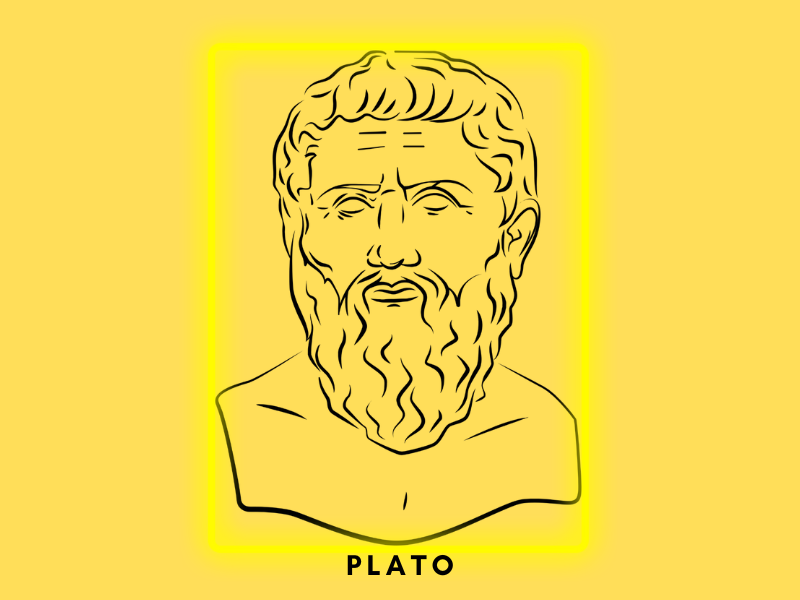
Plato’s life was interesting in its own right. But we don’t admire his personhood as much as the philosophical tradition that he left behind.
So here are some key elements of Plato’s philosophy:
He was a mystic: Plato wasn’t inclined to make conclusions about reality based solely on empirical evidence or experimentation. Rather, he suggested that knowledge is an inherent attribute of the human psyche. In his view, the channels by which this dormant knowledge could be awakened were reflection and going deep within oneself.
In his dialogues, Plato often refers to a living universe that possesses a “beneficent intelligence.” He also writes extensively about the immortality of the human soul and mathematical perfection in geometric solids. These last two elements of his philosophy were, perhaps, influenced by Pythagoreanism, a mystic cult whose members tied mathematics intrinsically to the divine.
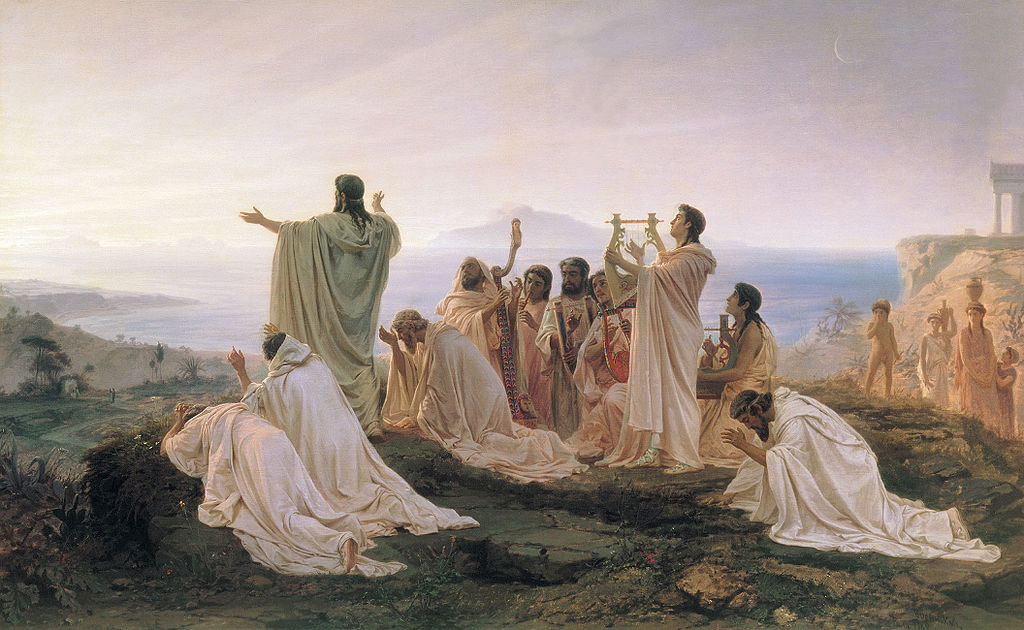
Plato’s philosophy wasn’t entirely metaphysical in nature, however. In fact, most of his dialogues address issues of practical concern. According to the late classical scholar, Francis MacDonald Cornford, Plato believed that the main role of philosophy was to cultivate the wisdom requisite “to assess the true value of all things we desire.” In other words, to develop the skills necessary to subject our thoughts and desires to scrutiny rather than acting on impulse.
That’s why Plato’s philosophy continues to impact our culture today. His works will likely be studied worldwide forevermore.
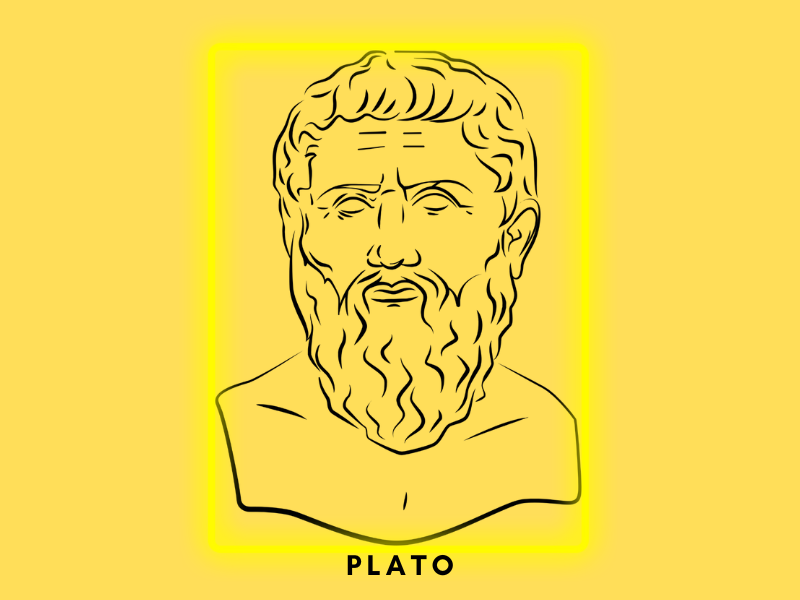
To describe Socrates as suffering “death by poisoning” isn’t quite enough I feel. What, a spurned lover? Bad mussels?
Great article on Plato I read another one where he talked about the soul of the world anima Mundi